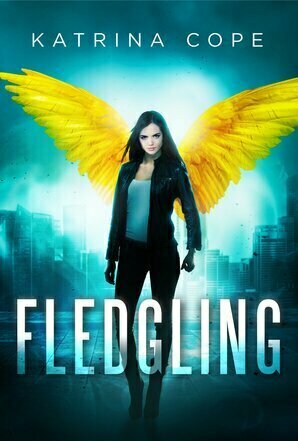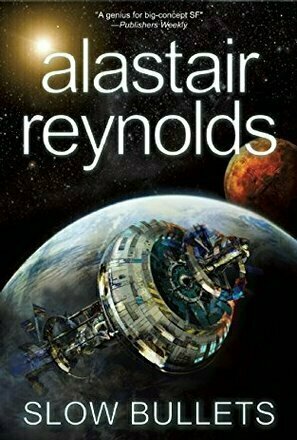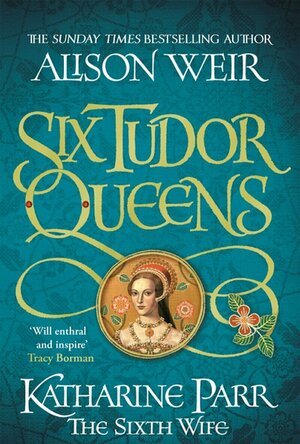Phil Leader (619 KP) rated Fledgling (Afterlife #1) in Books
Nov 13, 2019
The heroine of the story (unnamed for very nearly half the book) is one such recruit, She is sent on missions to protect innocent souls from evil people and to insert a conscience into their attackers so they will change their ways. But the new angel is worried about the side effects of the new conscience and this causes her to break the rules and to question if what the archangels have taught is correct.
Despite the premise, this book is neither religious nor do the angels behave exactly as guardian angels are traditionally supposed to. They are more like an angelic version of Thunderbirds as they are despatched from their secret island base around the planet to protect those in trouble. And they don't fight evil with a kind word and good deeds, these angels are trained in martial arts and are very much not afraid to use it.
This book reminded me most of a computer game where each mission granted new powers, but also the end of level opponent gets tougher. Every chapter raises the thrill another notch and the fight scenes are very impressively written and choreographed. It is like The Matrix with angels.
The characters are well written. The angels - both the new recruits and the archangels - are well formed and each has their strengths and weaknesses and are certainly not in any way perfect. The heroine in particular is someone the reader can empathise with as she struggles with the dilemmas of her new life (and her old human one). Some pages I didn't want to turn as it was clear that something unpleasant was going to happen to her. But with the help of her friends and their combined strengths they win through.
Given that the main character is female angel and that there is a romantic sub plot this might not appeal to teenage males but that would be overlooking a terrific book for a very superficial reason. The tale of a feisty angel who always does what she believes is right is ultimately a good read for anybody.
Phil Leader (619 KP) rated Slow Bullets in Books
Nov 25, 2019
The set up is interesting and simple, at least in summary. A ship carrying soldiers, mostly war criminals of one sort or another, following a ceasefire malfunctions and they are awoken from hibernation much later than they expected. Almost immediately the the rivalries from the war become apparent again and it is up to Scur to put herself in the position of ensuring that they can at least survive without killing each other for a war long since finished.
The story is told from Scur's point of view as she effectively writes her memoir - and confessional - as she comes to the end of her life. Reynolds entwines several threads effortlessly producing some good dramatic moments and plot twists. The changes of direction are not so much surprising as they occur but the direction they go in.
Apart from the expected divisions between the different sides of the army and the civilians on the ship Scur needs to worry about where the advanced civilization that existed before the war has gone, the slow deterioration of the ship, the potential for a religious war and a war criminal which she would very much like to exact revenge upon, all played out in the pressure cooker environment of the ship.
The result is a tight story with plenty of action interspersed with serious considerations about society, justice and religion and how they interplay. Like any of Reynold's work the particular universe this story inhabits - as far as can be discerned this is not related to any other novel or short story - arrives fully formed and with perceptible depth and history, hinting at other stories that might be told elsewhere.
For one of Reynolds' stories there isn't much science and it doesn't stick to physical limits - faster than light travel and communications are both possible but not really explored in detail. But the focus is entirely on the individuals involved with the setting just a backdrop for them to play out the story in front of.
Overall a thoroughly good read and one I would recommend to anyone who likes their science fiction up close and personal.
Rating: Some violent scenes and bad language
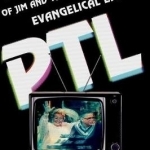
PTL: The Rise and Fall of Jim and Tammy Faye Bakker's Evangelical Empire
Book
In the early months of 1987 Jim and Tammy Faye Bakker had it all-a popular Christian talk show,...

When Friday Comes: Football, War and Revolution in the Middle East
Book
In January 2011 millions of Egyptians took part in mass protests that ended the iron rule of its...
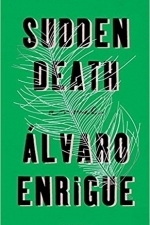
Sudden Death
Book
"Splendid" --New York Times "Mind-bending." --Wall Street Journal "Brilliantly original. The best...
fantasy fiction

Paul Bohm Bauten Und Projekte / Buildings and Projects
Book
Text in English & German. The central Mosque of the Turkish-Islamic Union in Koln-Ehrenfeld has...
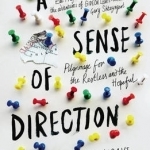
A Sense of Direction: Pilgrimage for the Restless and the Hopeful
Gideon Lewis-Kraus and Jon Gray
Book
A young secular writer's journey along ancient religious pilgrimage routes in Spain, Japan and...

Loving Justice, Living Shakespeare
Book
In thinking about Justice, we ignore Love to our peril. Loving Justice, Living Shakespeare asks why...
Lottie disney bookworm (1056 KP) rated Six Tudor Queens: Katharine Parr, The Sixth Wife in Books
Mar 23, 2021
To Netgalley and Headline, thank you, thank you, thank you!
It is my opinion that Katharine Parr is often the most overlooked of Henry VIII's wives: indeed most novels focus only on her life after becoming Queen. That is why this novel from Alison Weir was simply brilliant.
Weir introduces us to Katharine Parr as a girl, constantly surrounded by family and, after losing her father at a young age, being brought up by her uncle, aunt and her mother who was an attendant to Queen Katharine of Aragon.
The reader instantly falls in love with Katharine, an intelligent, caring child who is acutely aware of her eventual duty to her family but desperately wishes to remain in her carefree days with her siblings.
As we know, Tudor girls married young and Weir explores each of Katharine's four marriages in great detail: combining historical fact and storytelling in the way that only she can.
It struck me that, in three of Katharine's four marriages, she was used as a pawn, marrying for rank, power and connections as was the norm at the time.
However, in every one of these marriages Katharine was able to find love; even when marrying an old overweight Henry, already famous for disposing of numerous wives.
The writing during each of these marriages is rarely emotional: Katharine is a very rational and practical character, only showing real passion for religion. She is even super calm when she believes she is being investigated as a heretic!
It isn't until Katharine's fourth and final marriage that she marries for herself and for love. The passionate relationship between Katharine and Tom Seymour seeps into the writing at this point: introducing jealousy and anger where there has previously been merely a stoic resolve.
The fact that this novel spans the lifespan of Henry's marriages is fitting and really allows Weir to paint a picture of Tudor society throughout the religious reforms and upheavals associated with its monarch.
No one who has read Alison Weir's books before will be surprised that this is yet another success. Together with Philippa Gregory, Weir is a Queen of historical fiction and this novel is only the latest jewel in her crown.
